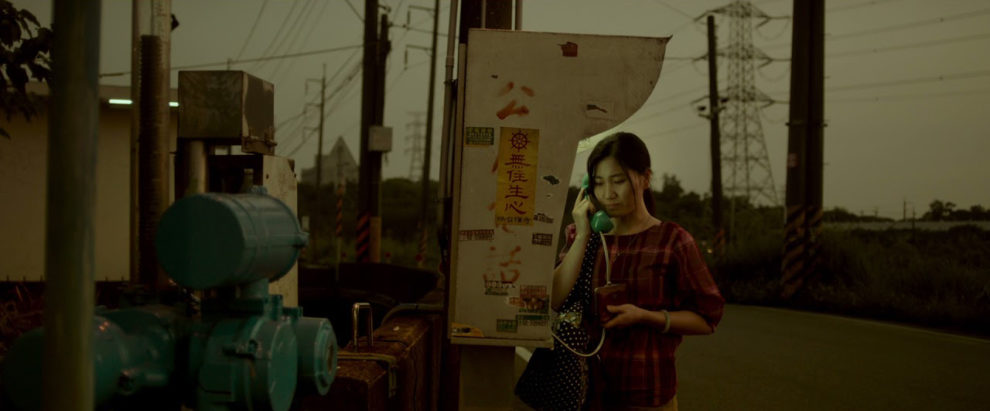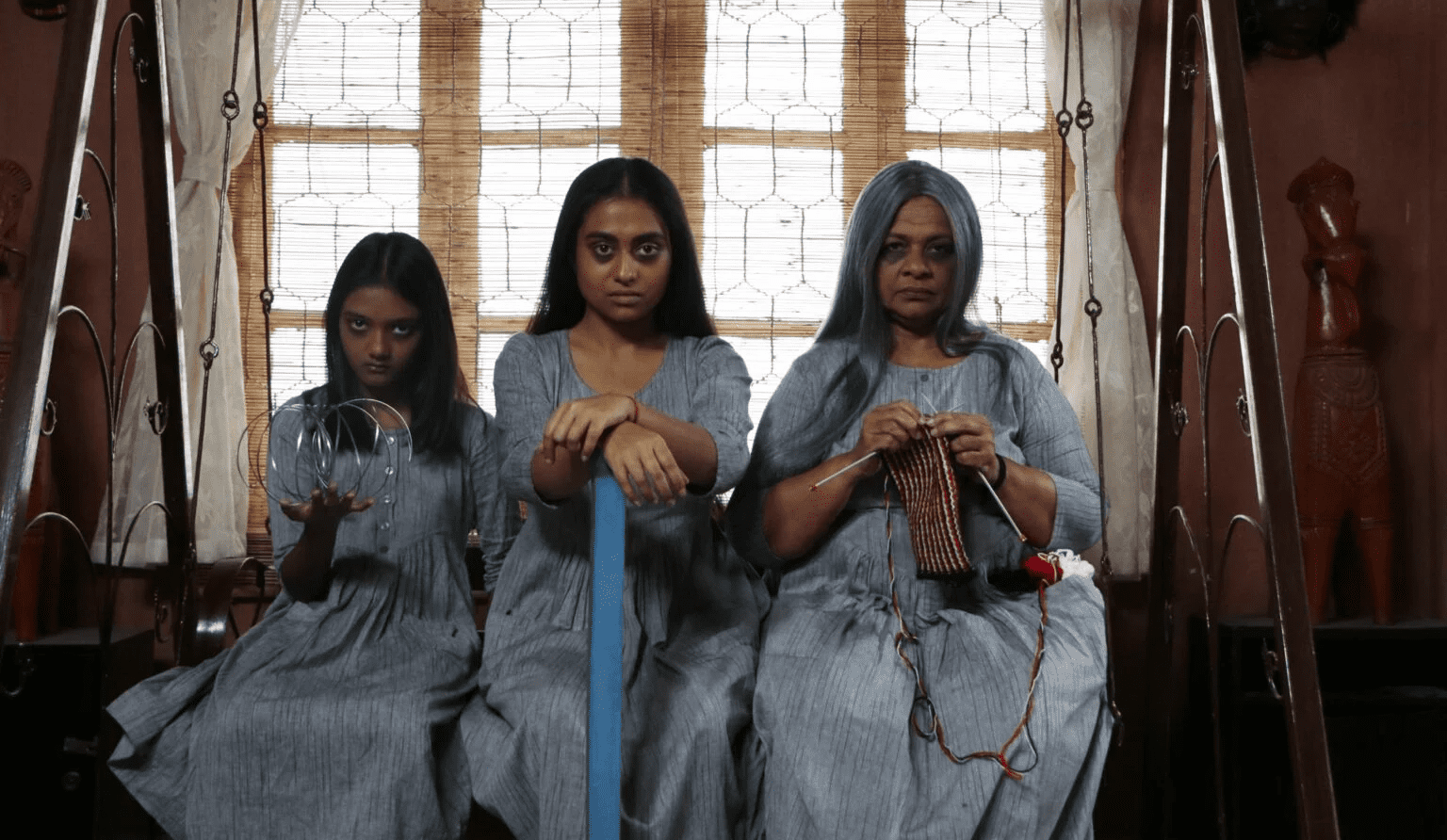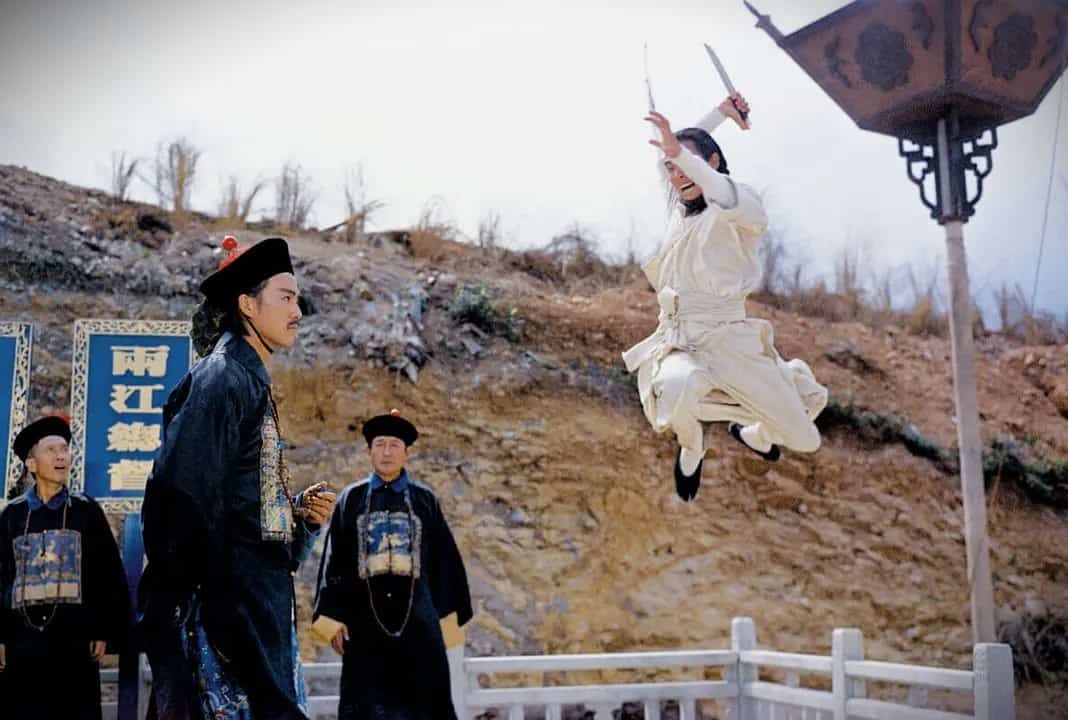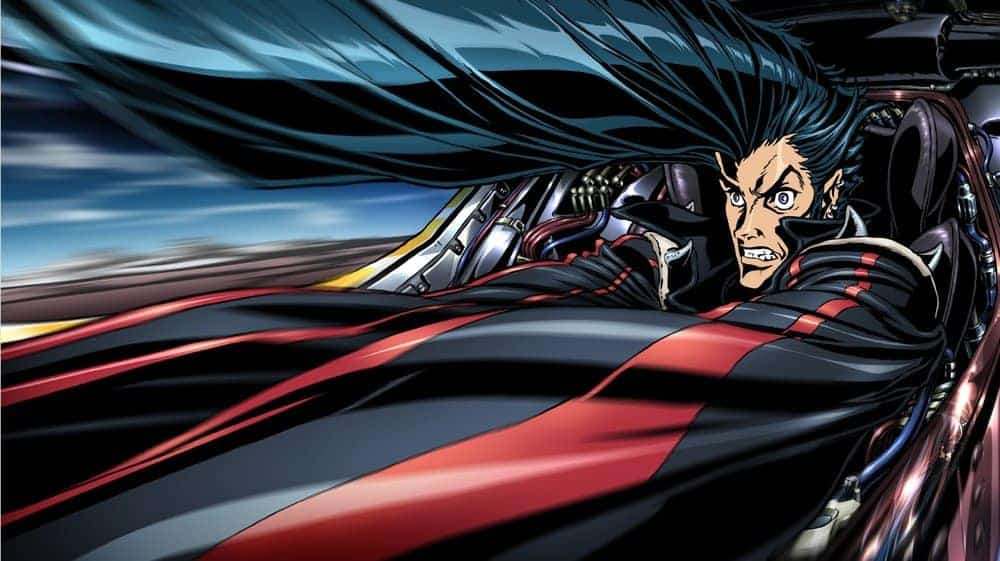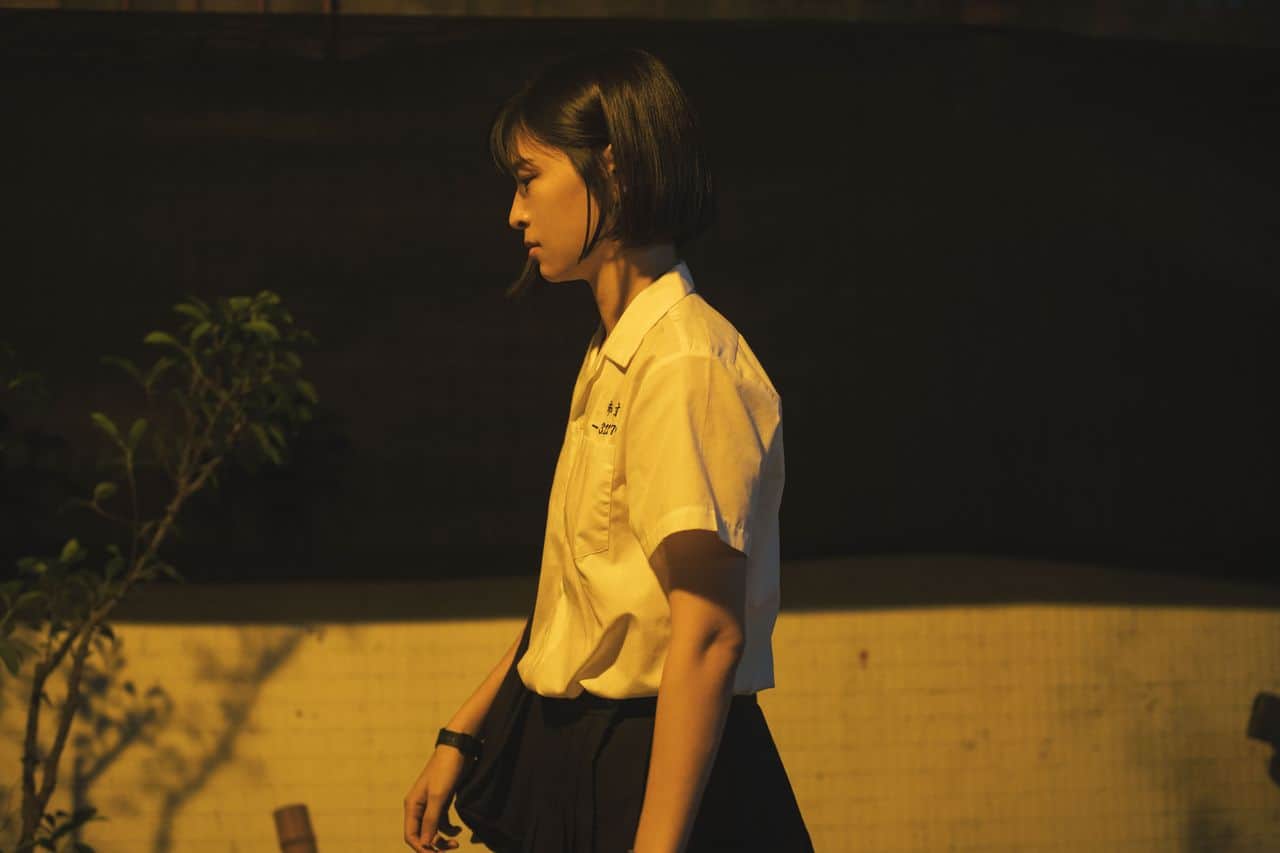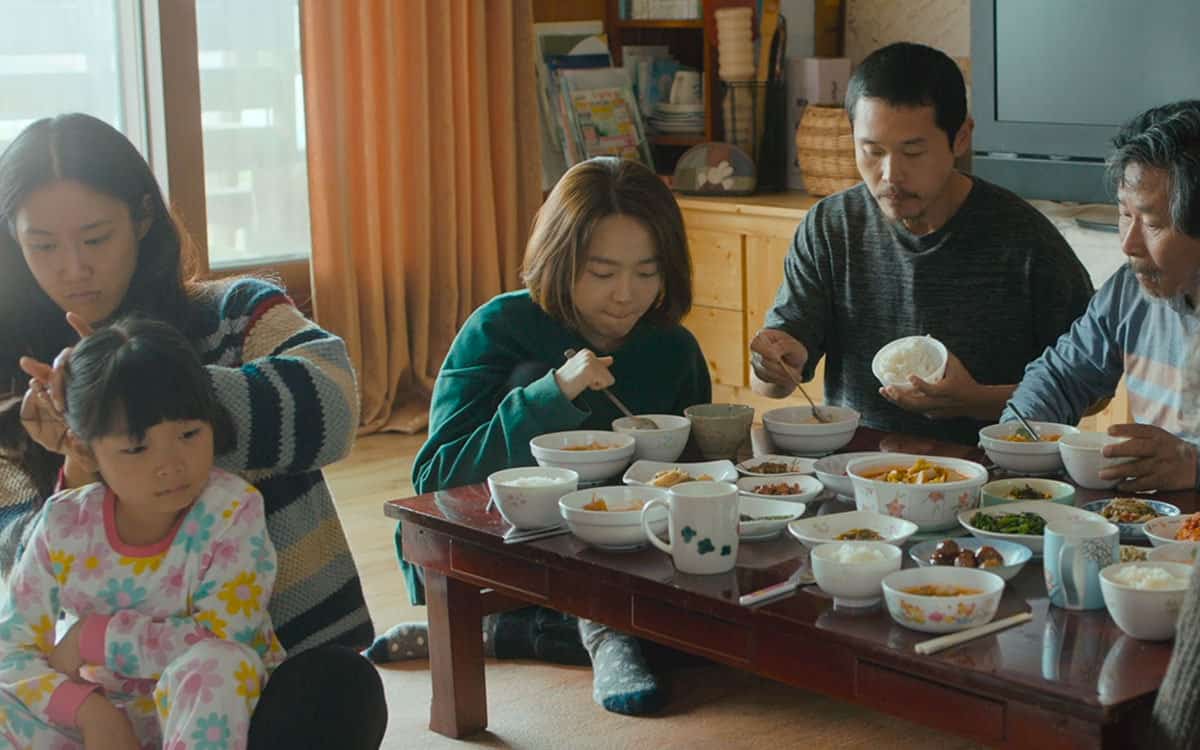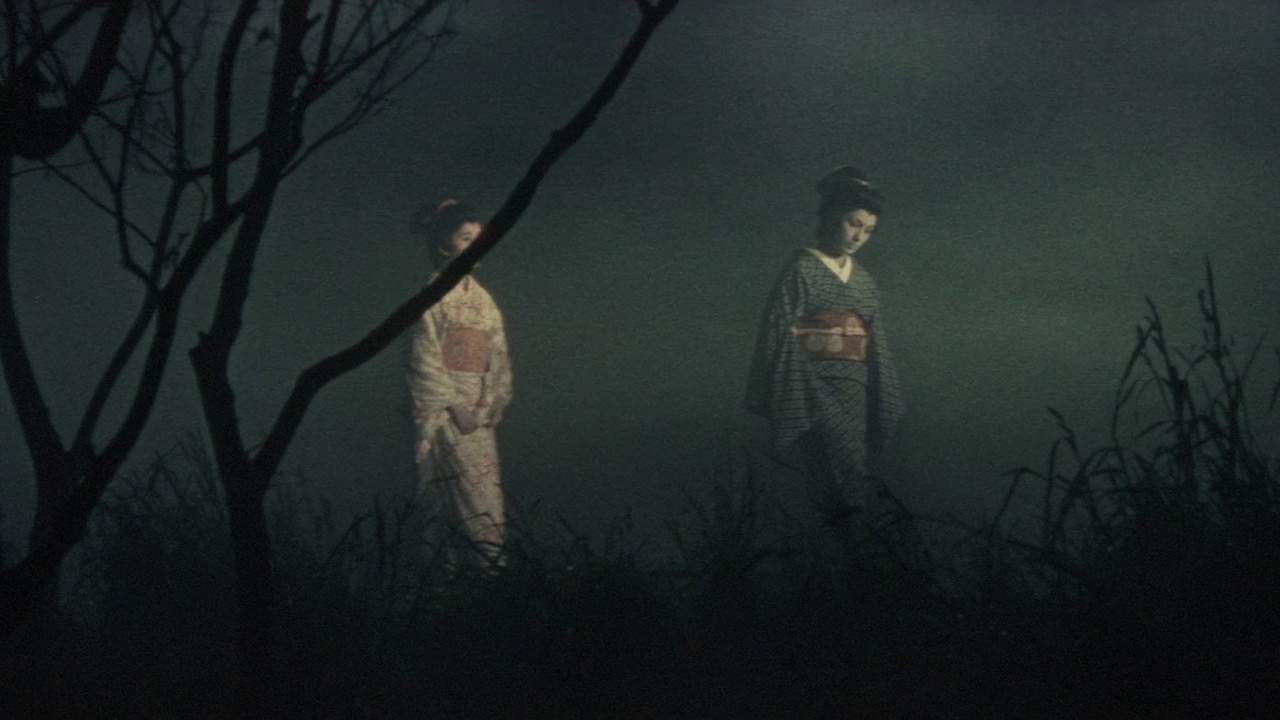Inspired by interviews and visits during his college years, to many Vietnamese immigrants who run restaurants, young Taiwanese director Chang Teng-Yuan shot his first short film “Crossing the SentiMENtal Desert” in 2010, which won the Golden Harvest Award for outstanding student work. Few years later, he filmed “Days Before the Millennium” during the pandemic in which he develops the topic of immigration, against the social changes happening in Taiwan in the years across the Millennium.
“Days Before the Millennium“ is screening at San Diego Asian Film Festival

The film is split in two acts, set before and after the Millennium. The first one starts in the 90's focusing on the experience of a young woman from Vietnam called Nguyen Van Tue (Annie Nguyen), who has just arrived in Taiwan where she is about to marry a Taiwanese man, Ming (Changhui Jiang). The marriage has been arranged through a dedicated broker, a practice that is fairly common and embraced by young women hoping in a better future. As Van Tue recites at the opening of the film: “Exchanging our youth for a future of hope (…) everything will be better than it is in Vietnam”. Taiwan was in fact seen as a land of rich people and expectations for these immigrant women were high. But Van Tue's dreams fail to be fulfilled when she lands in the arms of spineless Ming and his embittered mother (Shu-Fang Chen) who make no effort to welcome her. Ming's mother had her fair share of hardship, with a drunk husband who made her a widow very early and left her to raise a small child in poverty. But her experience only gives her one more reason to be hard on Van Tue and see her only as a potential mother of her grandchildren. On her side, Van Tue would like to work at her friend Yen's restaurant to be able to help her family back in Vietnam, but her new family is firmly against it. Things worsen when a typhoon first and an earthquake later, devastate the house, Ming loses his construction job and becomes abusive towards his wife. Van Tui cannot take it anymore and leaves the house seeking help in a women shelter.

Twenty years later, in 2016, Bui, a young self-assured Vietnamese woman is in Taiwan looking for a job. She has a University degree and is having an interview in a private investigation company. She firmly believes investigation can help solve the problems faced by many women assisting families with Southeast Asian spouses, with all kind of marital conflicts. She is inspired by the story of a woman called Van Tui who had a painful experience as immigrant and eventually founded an immigrant contemporary dance troupe, and she wants to create a film aimed to inspire others. But Van Tui is reluctant as she thinks it would be seen as a pitiable as well as an inspiring and motivational story.
Chang Teng-Yuan's ambitious debut feature is a story of shuttered dreams and of the struggle for identity and belonging. A painful watch at times, especially in the first act tracing Van Tui's early story, “Days Before the Millennium” is a thought-provoking experience as it incorporates several layers and themes into the narration. The migrant main theme is combined with reflections on domestic abuse, on women considered only as child-bearers, on the wall of bureaucracy around women protection. All these topics unfold in the background of two countries with a different history but a similar economic struggle and under the looming menace of climate change in an abused environment. Uncontrollable typhoons and earthquakes become protagonists of human destinies and the last act is set against the news of the toxic spill from Taiwanese Formosa Plastics steel plant in April 2016 that caused massive fish deaths in Vietnam. A powerful allegoric counterpoint to an early scene where Taiwanese passers-by chat about immigrants describing them as “pollution”. It feels like Chang Teng-Yuan is suggesting that a particular care of our environment is essential to give a more substantial meaning to the concept of nationality.
The first act is stylistically different from the second one. The ratio abruptly changes when the narration jumps to the after-millennium era, turning from a cinematic widescreen to a more direct Academy Aspect Ratio. The atmospheric cinematography is one of the best assets of the film and it gives its best in the home shots of the first part; dark and eerie, with patches of warm light highlighting the actions and creating a menacing, almost foreboding sense of discomfort. Best example is a scene where Van Tui and Ming's mother are at the table picking vegetables and the mum is opening up, talking about her own struggles of the past. It is a seemingly empathic moment, but the eerie score tells us something is not right, and the camera pans very slowly revealing on a corner in the foreground the empty cot and the baby toys, waiting to be used one day. In another masterfully composed shot, a window frame creates an effect like a split screen, with different vignettes in each glass square; Ming obliviously asleep, Van Tui washing up, the mother-in-law severely scrutinizing her and finally the always looming baby cot.
Director Chang has a point to stress in the second act; in the 2000s the immigrants' situation may look different, Bui is in fact an educated and confident woman full of resources, but in reality, she faces similar obstacles to Van Tui, not least the condescending job interviewer who tells her she doesn't know the Taiwanese market (same objections Tui encountered when she wanted to sell food). To emphasise this idea, many actors of the first act play different (but similar) roles in the second one, as symbols of the past that resurfaces in the present. This can be rather confusing because it takes a moment to realise they are different characters and it can affect the flow. Another comment is about the length. There is a nod to classic slow cinema in the first part, beautifully executed, but it could have been trimmed down a little.
With its concern for immigration issues, women rights and environmental urgencies, Van Tui's epic saga goes beyond national boundaries and it will easily resonate with a wide range of audiences,


